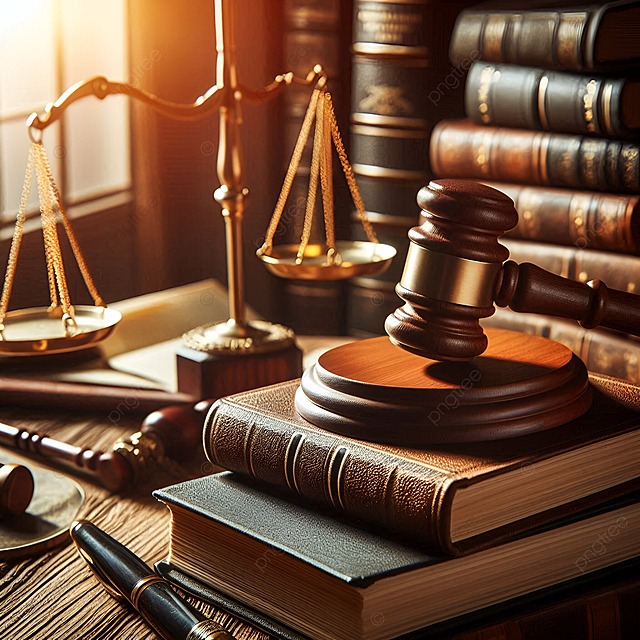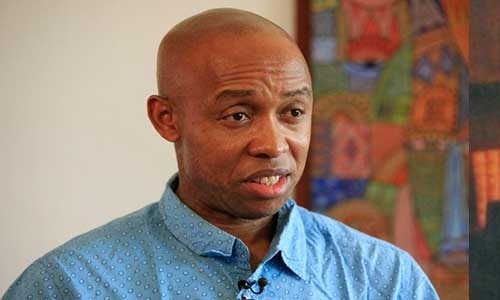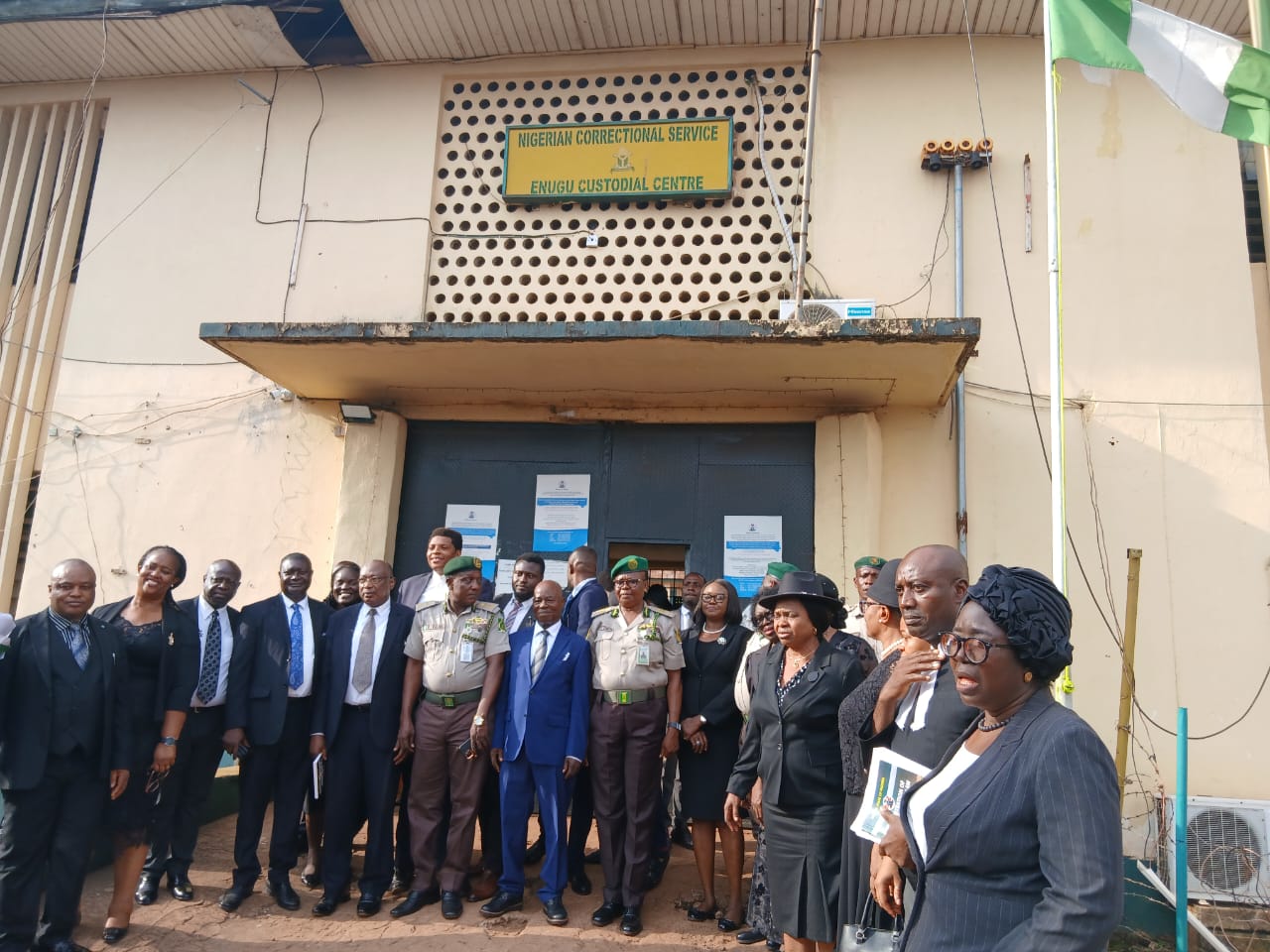By Okechukwu Nwanguma
Executive Director, Rule of Law and Accountability Advocacy Centre (RULAAC)
The judiciary, often hailed as the last hope of the common man, is steadily losing its moral authority in Nigeria. Increasingly, our courts are being manipulated or rendered impotent by the very executive institutions they are meant to restrain. The Nigeria Police, in particular, have perfected the art of approaching the courts only when it serves their purpose – seeking ex-parte orders to justify abuses while contemptuously disobeying valid court judgments that demand accountability.
Selective Obedience to the Rule of Law
The hypocrisy of executive obedience to court orders has become an open scandal. The same Nigeria Police and federal government that have consistently ignored countless judgments directing them to release detained persons or pay compensations to victims of abuse are quick to run to court when they want to restrict citizens’ rights.
A striking example occurred recently when citizens planned to protest peacefully in Abuja to demand the release of Nnamdi Kanu from prolonged detention despite court rulings ordering his freedom. The Police hurriedly approached a High Court and obtained an ex-parte order to restrict the protest in certain parts of the city – areas usually reserved for the powerful and privileged. Even though the order was not served on the protesters, the Police blocked key access roads, fired tear gas at peaceful demonstrators, and created chaos and hardship for ordinary citizens.
This pattern exposes a disturbing reality: Nigeria’s courts have become convenient instruments for the executive to validate illegality and suppress dissent.
Disregard for Judgments
The contempt with which the federal government and its agencies treat the courts is glaring. The Court of Appeal has ordered the release of Nnamdi Kanu, yet the government continues to defy the ruling. Similarly, both the FCT High Court and the ECOWAS Court have ordered compensation for Gloria Okolie, a young woman whose rights to liberty and dignity were grossly violated during her unlawful detention and enslavement in police custody. Despite repeated reminders to the Attorney-General of the Federation, those orders remain unenforced.
This selective compliance with judicial decisions erodes faith in the justice system and entrenches impunity. It tells ordinary Nigerians that the law is only powerful when it protects those in power.
Judicial Complicity: When Courts Fail the People
Even more troubling is the growing perception that parts of the judiciary have become complicit in enabling executive lawlessness. A recent example is the case of Mr. Chinedu Agu, a lawyer and former Secretary of the Nigerian Bar Association (NBA), Owerri Branch. Mr. Agu was arrested on September 23, 2025, reportedly on the orders of officials of the Imo State Government, and has remained in detention without charge.
When his lawyers filed for bail before the Federal High Court, Owerri, presided over by Hon. Justice Chituru Wigwe-Oreh, there was no opposition from the prosecution. Yet, after repeated adjournments, the Court refused the uncontested bail application, citing the absence of a formal charge as the reason for denial.
This decision flies in the face of settled constitutional principles. Sections 35 and 36 of the 1999 Constitution protect the right to personal liberty and fair hearing. Bail can and should be granted when a person is held beyond constitutionally permissible limits without charge. By refusing bail, the Court effectively rewarded unlawful detention and abdicated its responsibility to uphold justice.
The conduct of the proceedings has, understandably, raised questions within the legal community about judicial independence and the potential influence of political pressure. When a court fails to act as a check on executive excess, it becomes an accessory to injustice.
A Judiciary at a Crossroads
The National Judicial Council (NJC) must not turn a blind eye to such troubling developments. The case of Justice Wigwe-Oreh deserves a transparent and impartial investigation. If found culpable of misconduct or abuse of judicial discretion, disciplinary measures must follow. Restoring the credibility of the judiciary requires that judges be held to the highest standards of integrity and independence.
Nigeria cannot afford a judiciary that bends to political interests or fear. When judges abandon their sacred duty to protect citizens’ rights, democracy itself is imperiled. The courts must reclaim their role as defenders of liberty – not tools for oppression.
The Nigerian judiciary stands at a defining moment. To regain public confidence, it must rise above political influence and assert its independence. The rule of law cannot thrive in a climate where court orders are obeyed selectively and judges act timidly in the face of executive intimidation.
Justice must not only be done but must be seen to be done – even when those who violate the law occupy the corridors of power.




